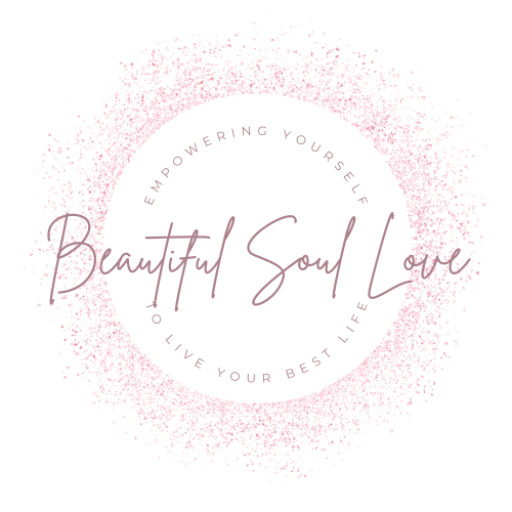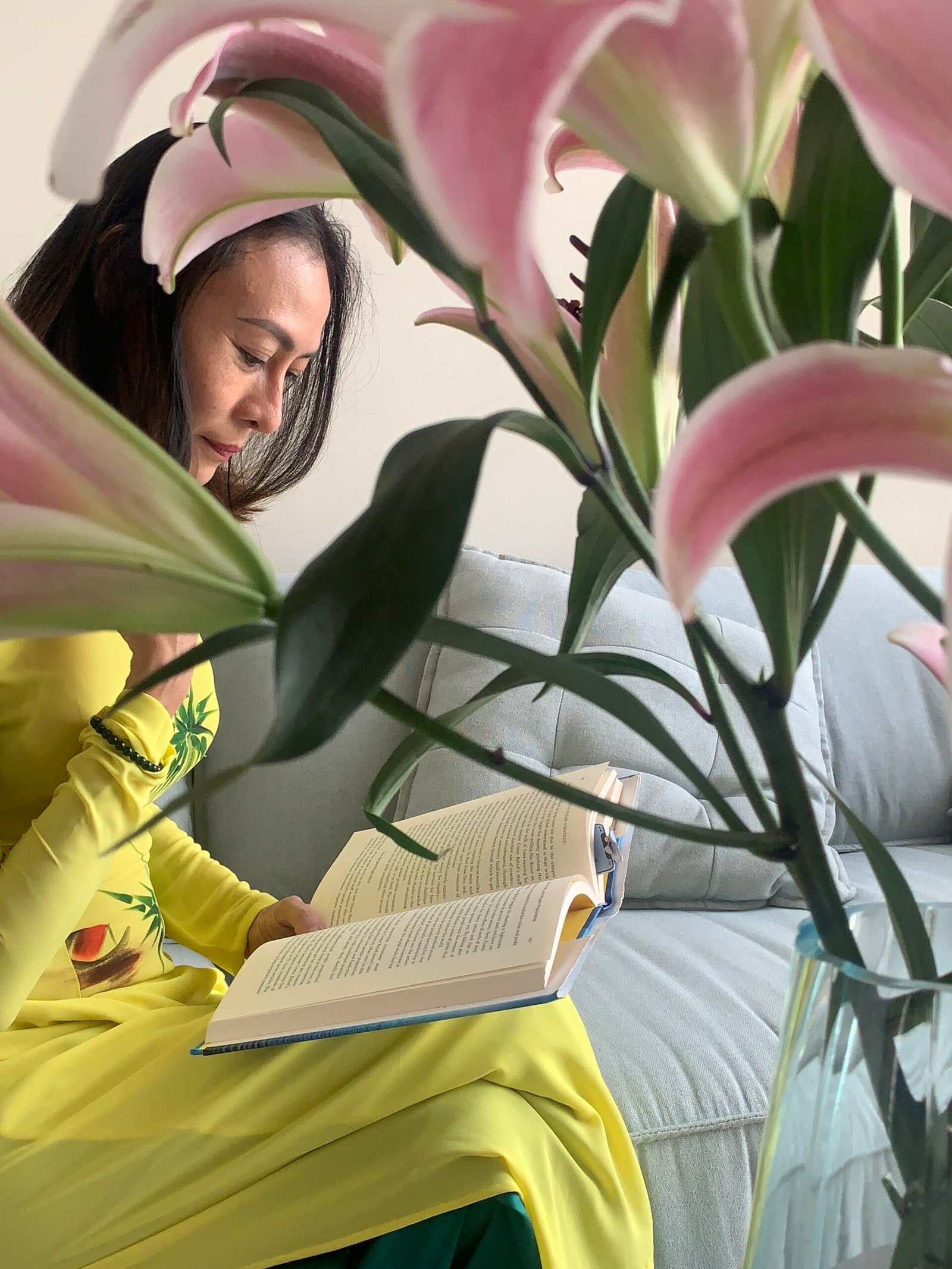In the intricate tapestry of human experience, forgiveness stands as a cornerstone of emotional healing and growth. It is a transformative journey that involves not only forgiving others for the hurts they’ve inflicted upon us but also extending that same grace and understanding to ourselves. This blog is an exploration of the profound healing power found in embracing forgiveness for both oneself and others.

Remain lively hardly needed at do by. Two you fat downs fanny three. True mr gone most at. Dare as name just when with it body. Travelling inquietude she increasing off impossible the.
– Marcia Steele
Understanding Forgiveness:
Forgiveness is not about condoning the actions that caused pain or overlooking the harm done. Instead, it’s a conscious choice to release the grip of resentment and anger, freeing oneself from the burden of carrying past grievances. Understanding that forgiveness is a gift we give ourselves can shift our perspective. It’s a radical act of self-love and compassion, acknowledging our own worthiness of peace and inner harmony.
Forgiving Yourself:
Self-forgiveness is often the most challenging aspect of the forgiveness journey. We tend to hold ourselves to impossibly high standards, replaying our mistakes and shortcomings like a broken record. However, true healing begins when we learn to treat ourselves with the same kindness and understanding we would offer a dear friend. It involves acknowledging our humanity, accepting our flaws, and choosing to let go of self-blame and shame. Through self-compassion and self-empathy, we pave the way for profound personal transformation.
Extending Forgiveness to Others:
Just as crucial as forgiving oneself is extending forgiveness to others. It doesn’t mean forgetting or excusing their actions but rather choosing to release the bitterness and resentment that weigh us down. Holding onto grudges only perpetuates our own suffering, trapping us in a cycle of negativity and pain. By extending forgiveness, we reclaim our power and agency, breaking free from the chains of victimhood. It’s an act of courage and strength, allowing us to cultivate empathy and compassion for others while fostering healthier relationships and deeper connections.
The Healing Process:
The healing journey of embracing forgiveness is not linear; it’s a gradual unfolding, marked by moments of resistance and breakthroughs. It requires patience, self-reflection, and a willingness to confront uncomfortable truths. It’s about embracing vulnerability and embracing the messy, imperfect nature of being human. Along the way, we may stumble and falter, but each setback is an opportunity for growth and learning. Through mindfulness practices, therapy, journaling, or seeking support from loved ones, we can navigate the complexities of forgiveness with greater resilience and grace.
In the end, the journey of embracing forgiveness for oneself and others is a profound act of liberation and healing. It’s about reclaiming our peace, reclaiming our power, and reclaiming our humanity. As we release the heavy burden of resentment and judgment, we create space for love, compassion, and joy to flourish in our hearts. So let us embark on this journey with open hearts and open minds, knowing that true healing begins when we choose forgiveness.








